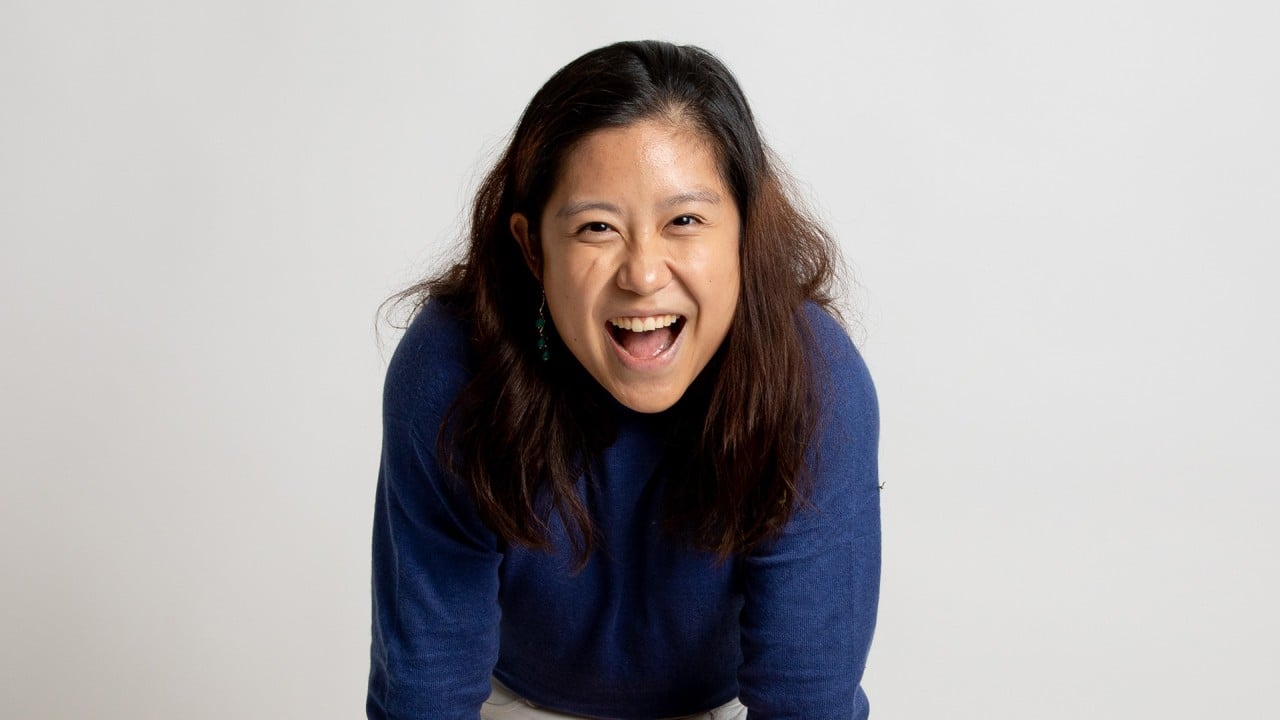“You have to be motivated to keep fit for health reasons, otherwise exercising will feel like a punishment. I genuinely like working out, and over the last few years I’ve come to realise how amazing the human body is.”
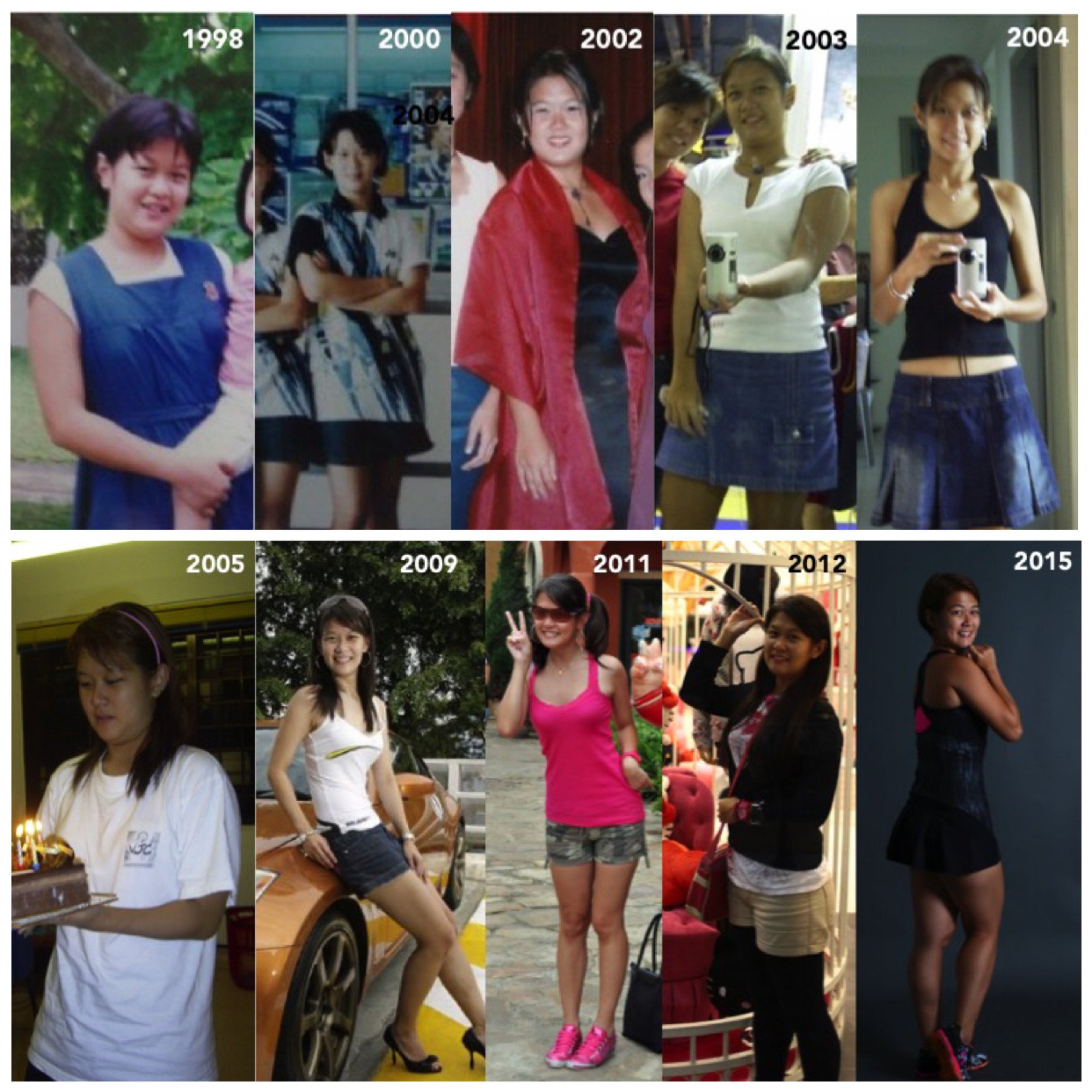
It wasn’t always this way. As a teenager, family and friends made Tay feel overweight. She developed body dysmorphia, becoming fixated on her body’s perceived flaws.
She punished herself by over-exercising. At one point, for two months straight she ran 26 kilometres (16 miles) a day, then did two to three hours of kick-boxing. After those two months, she had lost 20 kilograms (44lbs).
How a Hong Kong woman beat depression, lost 30kg and got her mojo back
How a Hong Kong woman beat depression, lost 30kg and got her mojo back
During this time, she also had a binge-eating disorder, starving herself for long periods before succumbing to her hunger and gorging on food.
Her biggest binge was two canisters of crisps; five packets of cream-filled, chocolate-coated biscuits; 36 chocolate and hazelnut truffles; and a tin of butter cookies.
She often felt guilty and ashamed after a binge. To make herself feel better she would scratch herself till she bled, or hit her head against the wall.
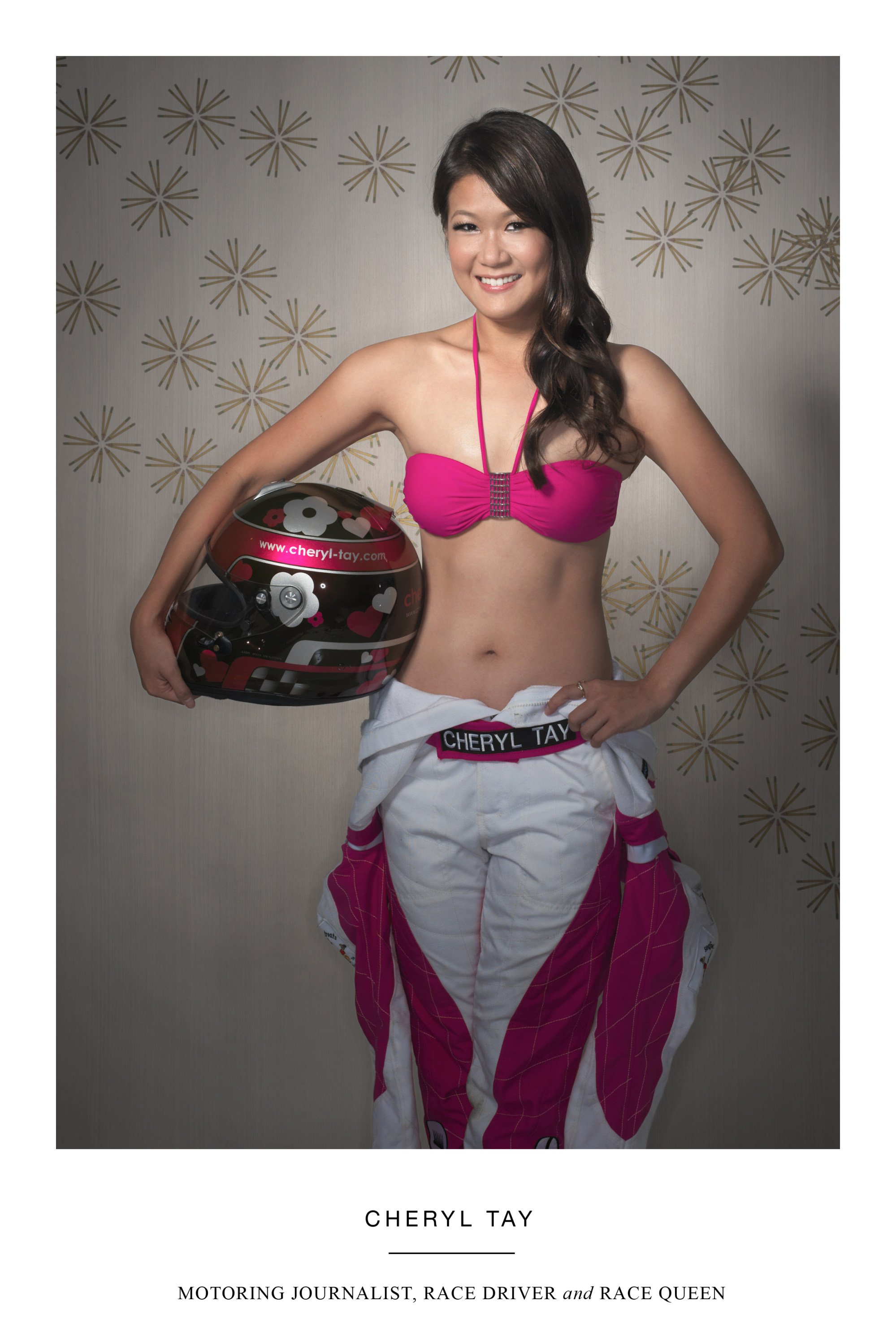
She refused to eat rice, convinced it would make her fat, and avoided water and soup because they made her feel “heavy”.
“I loathed the way I looked, believing that I was fat, even though at 167cm (5ft 6in) tall I weighed 45kg,” Tay says.
“I was insecure and had no self-confidence. I withdrew socially because I felt like nobody understood me, and my parents urged me to seek medical help because they thought I looked like a scarecrow. I told them I didn’t need to see a doctor because I wasn’t sick.”
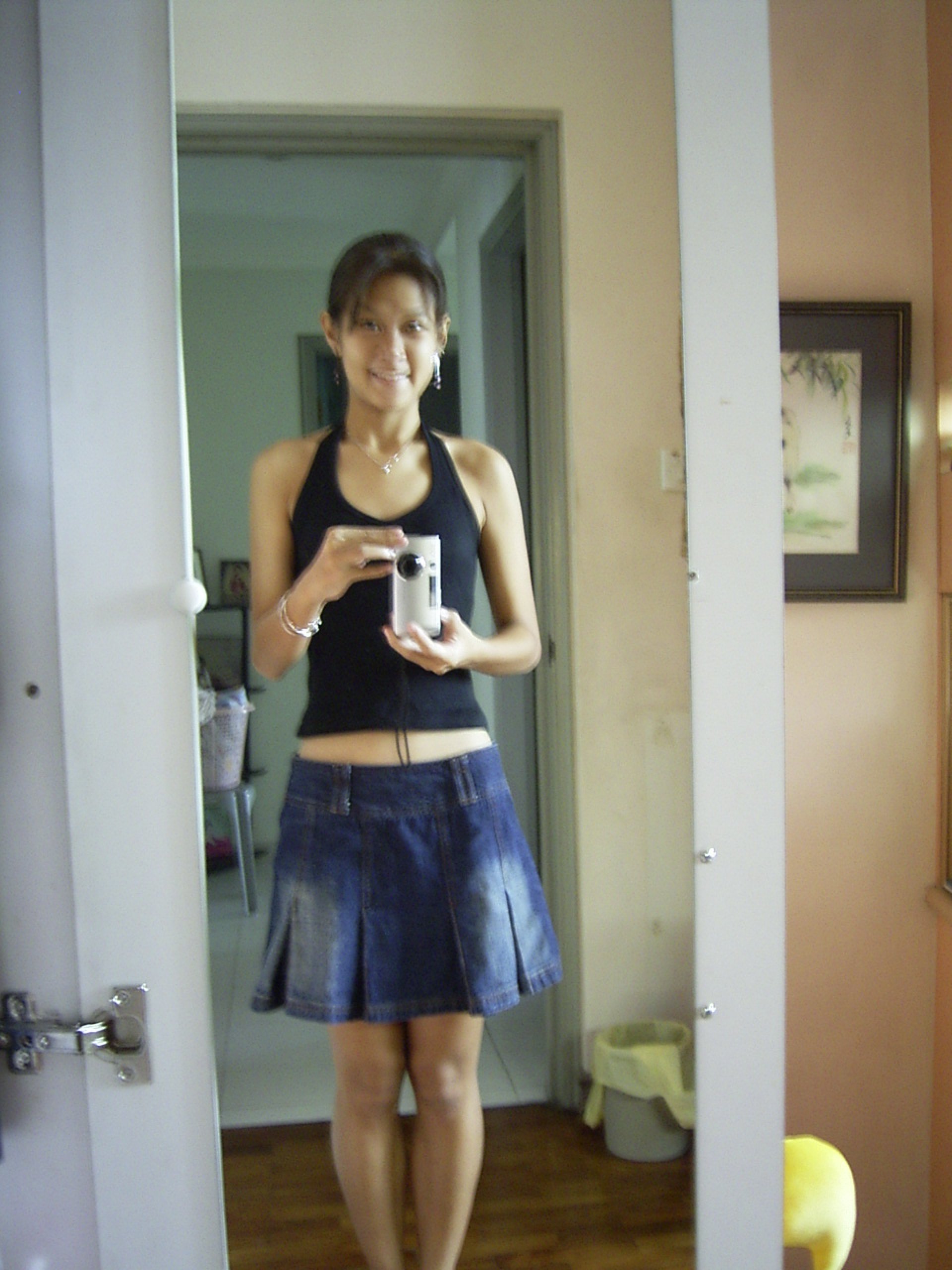
“I felt that being skinny would make me more well-liked and accepted,” Tay says.
“I thought that men would be more attracted to me if I was thin. Working in the male-dominated industry of motoring and motorsports, I also felt pressured to prove myself.”
She overcame anorexia. Now Claire Burley is rowing for Hong Kong charities
She overcame anorexia. Now Claire Burley is rowing for Hong Kong charities
When she finally grew tired and stopped starving herself and over-exercising, the weight piled back on. She was freelancing at the time, and when she stopped getting work, she blamed her appearance.
Her body insecurities made it hard for her to maintain stable relationships and friendships; she pushed away friends who were naturally slim and could eat whatever they wanted without putting on weight.
“I resented those friends and treated them badly or said hurtful things to them to make them feel bad about themselves – that cost me many friendships,” she says.
I wanted to spread the message that there’s more to life than the number on the bathroom scale, that we shouldn’t punish ourselves for eating
Most people assumed she wanted to lose weight because she was vain, but none of them knew how deep her insecurities ran.
In 2015, after not having exercised for a while, Tay was introduced by a friend to a gym, where she started lifting weights.
This made her feel strong and led to an epiphany – that fitness is not about how you look but about how you feel.
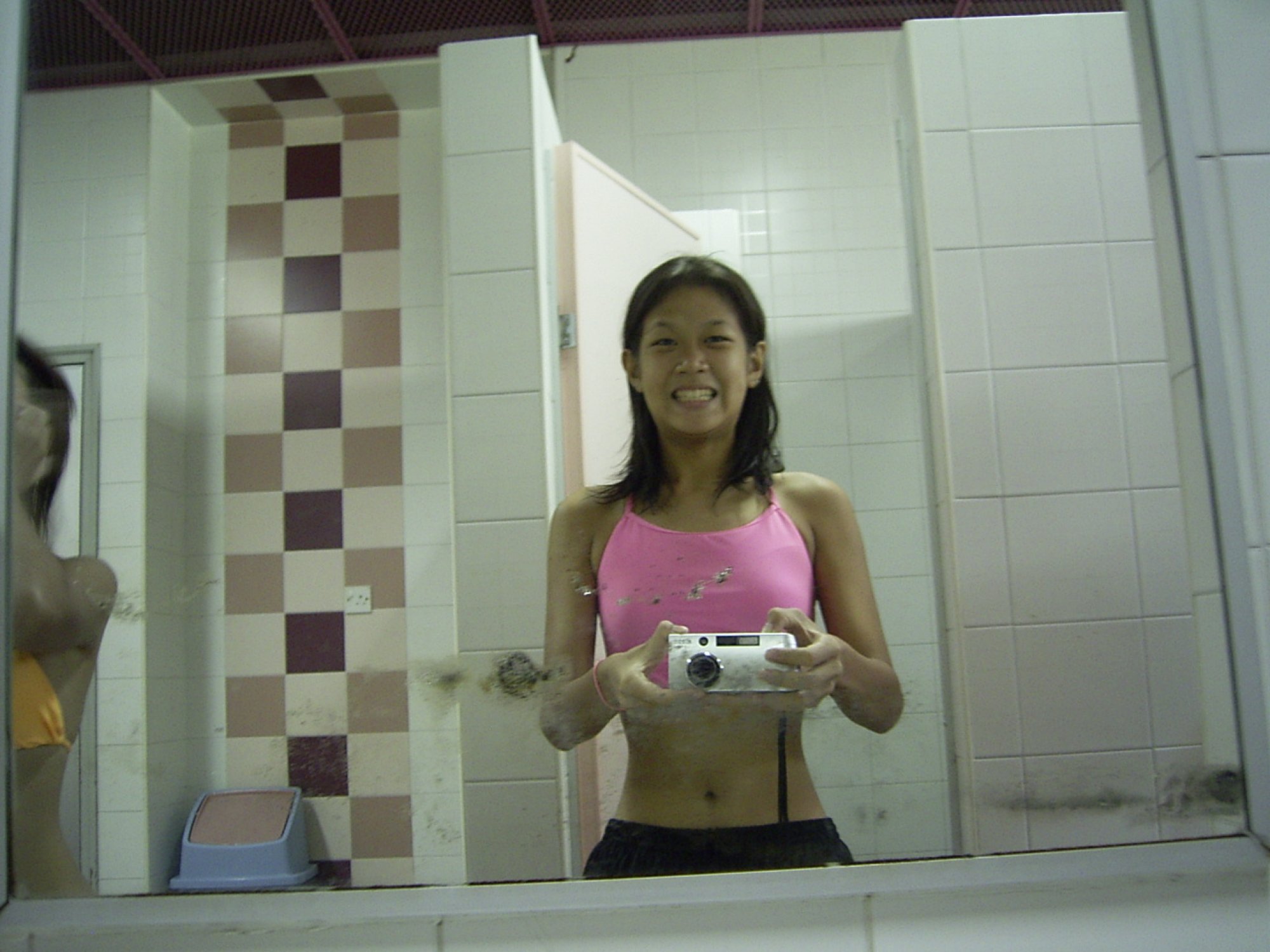
Her mindset shifted and she started to see herself and her body in a new light.
In 2016, she created Rock The Naked Truth (RTNT), which she describes as a social cause and body positivity movement, to provide support for people like her who suffered from eating disorders.
“I wanted to spread the message that there’s more to life than the number on the bathroom scale, that we shouldn’t punish ourselves for eating, and that food is not our enemy.”
What is Pilates? No, it’s not just like yoga – instructors explain
What is Pilates? No, it’s not just like yoga – instructors explain
Tay organised RTNT fitness events to encourage people to lead an active lifestyle and to try activities like yoga, Pilates, kick-boxing and weightlifting.
She wanted them to see that keeping fit need not feel like a chore, and if they did a sport or activity they enjoyed, they would be more likely to stick with it.
January 6 will see the return of the RTNT Shirtless Run to celebrate the movement’s eighth anniversary. Last year, 150 people took part in the race in Singapore.
At the age of 30, Tay decided to train to compete in triathlons to challenge herself. Through this endurance sport, she learned a lot about her body and began to focus on a different set of numbers.
“Instead of getting hung up over calories, weight and inches, I started to look at my performance timings for triathlons and marathons. We have enough numbers to worry about – our savings, our salary, taxes and bills – so why give ourselves more numbers to stress over?” she says.
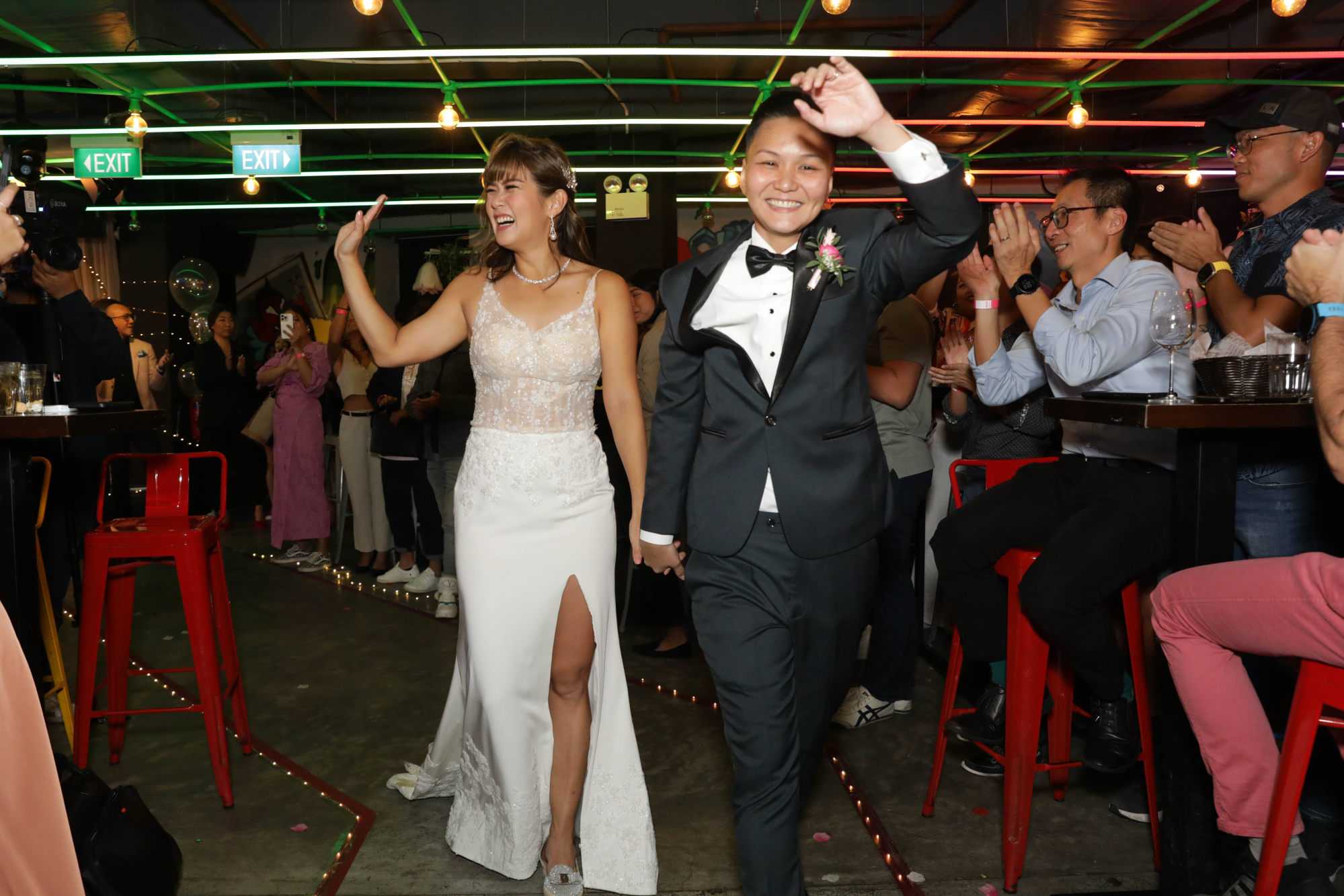
She has also run three marathons – 42.19km road races. Among her most notable races were the Challenge Roth in Germany; the Ironman 70.3 World Championship in South Africa; and the Berlin Marathon. She has signed up for the Chicago Marathon among other races in 2024.
Tay credits her life partner, Grace Huang, a Brazilian jiu-jitsu coach and owner of the Neue Fit martial arts studio in Singapore, for her new approach to life. The two were close friends for more than three years before they became a couple; they had a commitment ceremony in October 2022.
Loving yourself is a lifelong process. For many years, I hated my body, but now, I’m proud of it
“I found someone who truly loves me for who I am,” Tay says. “She really helps me improve and brings out the best in me.
“Finding that comfort with someone I trust has helped me build my confidence because I know that she has my back.”
Tay no longer worries about her weight nor obsesses over her looks. She is happy, confident and unafraid to be herself.
Think you’re not ‘good enough’? Expert tips on fixing your low self-esteem
Think you’re not ‘good enough’? Expert tips on fixing your low self-esteem
“It takes work, but loving yourself is a lifelong process,” she says. “For many years, I hated my body, but now, I’m proud of it.”
It’s normal to feel bad about your body sometimes, she tells her followers. When that happens, “remind yourself of your strengths, surround yourself with positive-minded people who will lift you up, and be true to yourself”.
You don’t need anyone’s approval, she says. “You only have this one life; do you want to spend it miserably, worrying about your weight, or being happy living the life you deserve?”
